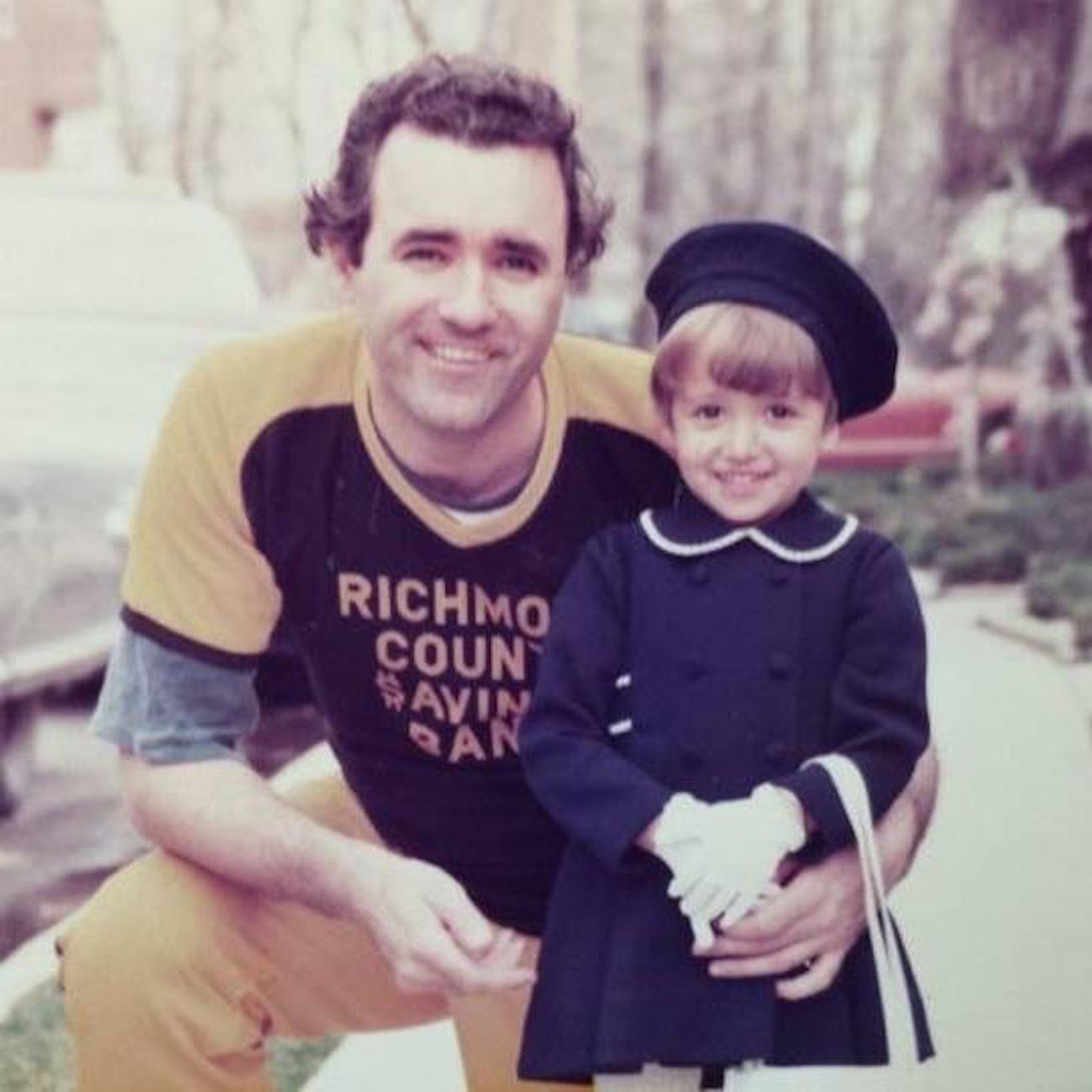Grief is a natural reaction when we experience the loss of a loved one. Unfortunately, our society has no idea how to handle grief and how to treat someone who has just experienced the loss of a great love.
For starters, when someone dies, we often say passed, transitioned or whatever else comes to mind. When my father died, I had an older relative (bless her soul) reprimand me for saying my father died. What is wrong with the word dead? Last time I checked, that’s what he was, dead. But for some, death forces us to think about our own mortality, and that’s just too much to handle. So instead we often fluff our words, walk on eggshells and avoid saying trigger words.
Something happens when someone you love dies. If you are like me and you are forced to watch your real life superhero in pain, it changes you. We can feel helpless as we watch someone we love slowly fade away. We are left with a tremendous hole in our hearts. Our souls weep, and no matter what we do, there might not be a way to comfort them.
As you begin to walk your grief journey, well-meaning friends might repeat the myths they have heard or the lies told to them when they experienced a loss. I believe they know no other way because our society knows no other way. In my experience, society wants us to get over it and move on, and if we can’t get over it, they want us to put on a pretty grief mask when we are out in public.
Grief is the elephant in the room wearing a pink tutu that no one wants to acknowledge. But the truth is, where there is great love, there is great grief that lasts a lifetime, and we grievers desperately want to acknowledge it.
Below are some of the lies we often encounter throughout our grief journey:
“You must stop living in the past and move on.”
As a grieving daughter, I cringe when I hear people tell my newly widowed mother to “move on.” People who tell someone grieving to move on may not understand loss. Think about how hurtful it can be. Instead of telling someone to move on, try saying, “I have no idea how you’re feeling, but I’m here for you.”
Remembering our loved ones keeps their presence with us and is a way of honoring them and a way of honoring our feelings. It keeps the love alive.
“You need to get over it.”
No one has the right to tell you how you feel. There is no timestamp on grief. There is no “normal” way to grieve. Our grief is as unique as a snowflake. You do not have to get over it.
“You really shouldn’t talk about him or her so much.”
As long as I have breath in me, I will be my father’s living, breathing legacy. I write to keep my father’s memory alive. What better way to honor a beautiful life than to extend all the love we can no longer give our loved ones to others? Talking about our loved ones creates legacy for our loved ones in a world that seems like it would rather bury its emotions and move on.
These are just some of the myths we may be told while grieving a great loss. The truth is, no one may understand what you lost. No one may understand the searing pain you feel in your heart. No one may understand the yearning to hear your loved one’s voice one more time, to hug them one more time, to tell them you love them one more time. Death is final; grief lasts a lifetime.
It is true — where there is great love, there is great grief. And what a privilege it is to love that deeply.

A version of this post originally appeared on A Daughter’s Love.
We want to hear your story. Become a Mighty contributor here.

